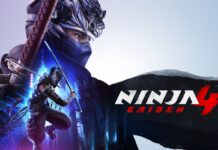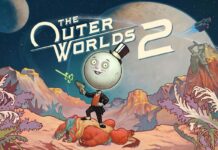
To celebrate the launch of Pokémon Sun and Pokémon Moon, Nintendo of Canada gave me the exciting opportunity sit down for a one-on-one chat with Bennett Piercy, a Canadian-born professional Pokémon player and winner of the U.S. Pokémon Championships in 2015. We had a lot to talk about, from Pokémon eSports 101, to first impressions of the new Pokémon Sun and Pokémon Moon video games. Ever wondered what competitive Pokémon is all about? Want to know some of the great new features in the newest Pokémon games? Read on to find out!
Paul Hunter: Tell me a bit about yourself, and how did you get into the competitive Pokémon scene?
Bennett Piercy: My name is Bennett Piercy, I’m a 16-year-old from Calgary, Alberta. I got into Pokémon as a fan about ten years ago when I got a Pokémon sticker book, really liked it, and it went from there. I got interested in competitive play three years ago when I watched the YouTube video of the 2013 (Pokémon) World Championships.
PH: Congratulations on winning the Pokémon U.S. Nationals last year. For someone who has never been or seen to an event like this before, what is it like?
BP: Usually it’s a really, really large building, the type you’d use for a major exhibition, and there are tons of people there for both the (Pokémon) video game and the (Pokémon) trading card game. For the Nationals last year, there had to be a few thousand people there. It’s a huge event, and really interesting because everyone there is obsessed with Pokémon. So it’s a great environment if you’re a fan.
PH: You mentioned that the trading card game and video game fans are there together, how do these two communities interact? Do you hang out together and exchange stories, tips and strategies?
BP: I think in general we hang out because there’s really fun people who play both games, and we’re going to be at a lot of events together. Obviously though you’re going to hang out more with people who play the game you play, to exchange tips and stuff like that, but a lot of people do both of them. Especially you’ll see video game players also playing the trading card game, since they tend to get cards often.
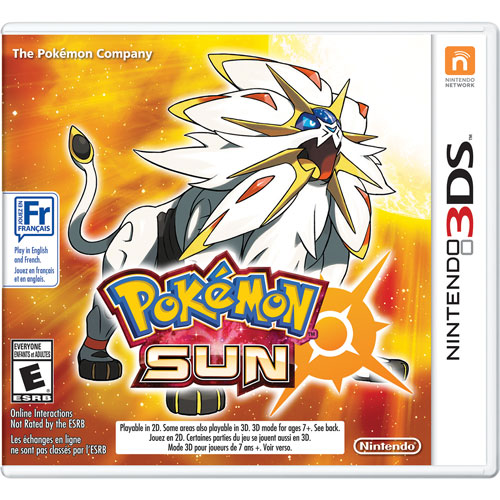 PH: Training for the Pokémon Championships must take a lot of time and effort, how do you balance your Pokémon work with your school work?
PH: Training for the Pokémon Championships must take a lot of time and effort, how do you balance your Pokémon work with your school work?
BP: I try not to play at school, but sometimes I do anyways (laughs). For me, the balance comes naturally since I’d be playing Pokémon in my down time anyway. That’s just what I’d normally be doing, so it doesn’t feel like I’m devoting too much time to it.
PH: I know for the Pokémon Championships you need to assemble a team of six Pokémon to do battle with, how do you go about choosing your six?
BP: For me personally, it starts with finding what I consider to be a really good Pokémon, and then sort of theorying what would go well with it, type-wise and everything. Then, I cultivate that team over several months. Many people change teams a lot, but I have one and change a little bit over time. I think it’s a good strategy because you get really familiar with match ups.
PH: The Championships you participated in last year was U.S. and Canada combined in one division, but there’s also other divisions like Europe, Japan, and others. Do you find there’s a difference in how North American players create their teams vs. other areas of the world?
BP: Yeah, I think there definitely is a difference, and not enough people acknowledge that. Looking at the team lists from different tournaments, you’ll see things like Japan Nationals always have something innovative compare to what U.S. Nationals have. It’s kind of hard to plan for though, since you won’t know the people you’re playing against, and won’t be familiar with their teams.
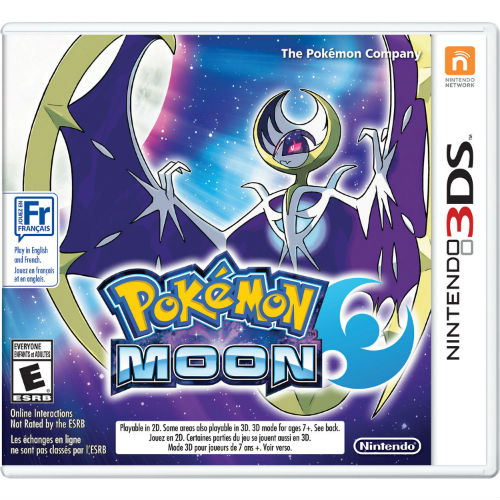 PH: So how do you plan for international events? I mean are there certain Pokémon that specific regions tend to favour, and then you change and cultivate your own team to counteract them?
PH: So how do you plan for international events? I mean are there certain Pokémon that specific regions tend to favour, and then you change and cultivate your own team to counteract them?
BP: I definitely try to, but it’s hard to do. For example, last year there was a popular strategy that came out of Japan called “Japan Sand” and it took everyone by storm. At the time when it started to become a thing, I built a team specifically to try and beat that. You really have to keep your eye on what’s happening globally to play competitively.
PH: You mentioned there are a lot of people that attend these events live, and they’re streamed on the internet as well for everyone to see. That means everyone can see your Pokémon, your favoured types, your move sets, and so on. From year to year then, how do you evolve your strategy, knowing that everyone will know exactly what you used last year?
BP: What helps with that is each year the format changes, usually because a new game releases and they (The Pokémon Company) want the new things to be involved. Changing strategies from tournament to tournament is like the age old question “How should a Pokémon handle that?” From The Pokémon Company’s perspective, basically what they’ve decided to do is before a top cut, which is all the players who have done well in the regular rounds advancing to a bracket, is to release the team sets so everyone can see what everyone else has. That makes it fair, but if you have something that’s really surprising it’s been revealed for you. I like to think that Pokémon is like a mix of chess and poker, it’s all about planning ahead and risk management.
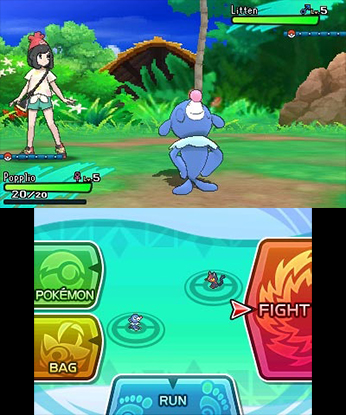 PH: I was reading that Nidoqueen is one of your favourites, what specifically is it you like about this Pokémon?
PH: I was reading that Nidoqueen is one of your favourites, what specifically is it you like about this Pokémon?
BP: I started using it on my Nationals team because it was a really unique pick, and a lot of people were excited to see it. Since them I’m just come to love it because it’s been associated with me. I started using it when I made a team for my friend to use sort of as a joke, but then I was testing to see if it was viable and it was, so I just went with it.
PH: Pokémon each seem to have their own temperament and personalities, does this factor in at all to the Pokémon you choose on your team?
BP: A lot of the time stuff like that is incorporated into their stats and abilities. For example, some Pokémon that look like they’re angry have an ability called Anger Point, which will increase their attack power if they’re hit by a critical hit.
PH: If I’m a new player to Pokémon thinking about eSports, or a casual veteran player thinking about going pro, how do you suggest they start out?
BP: One of the great things about Pokémon games is that they teach you how to play in the games themselves, they’re really good at doing that and setting you off on your adventure. The main Pokémon website (Pokemon.ca) releases a lot of great content geared towards competitive and casual players, so that’s really the best resource to go to.
 PH: You probably get asked this all the time, but how you feel Pokémon Go is going to influence Pokémon Sun and Pokémon Moon?
PH: You probably get asked this all the time, but how you feel Pokémon Go is going to influence Pokémon Sun and Pokémon Moon?
BP: I think it’s going to bring in a lot of new players interested to explore the next level in the main series games. Most likely Pokémon Sun and Pokémon Moon playership is going to be up a bunch. I’m sure you remember the Pokémon craze in the late 90s/2000s, I think this is going to be the second coming of that, there’s going to be a huge spike in players and it’s really exciting.
PH: The Pokémon series is centred on three main aspects: catching, training, and battling. Which one is your favourite, and why?
BP: My favourite is definitely battling, it’s the main event and there’s so much strategy that goes into it, both in the regular game and competitive. All three of them are great though, and they make for a really well-round game.
PH: Pokémon have a whole bunch of different types, and have different special moves, are there certain ones that you feel have the advantage in battle?
BP: For types, it’s hard to tell because it depends on what format you’re playing. For me, my favourite type is Poison, not on purpose it just seems to be that I have one on my team.
PH: Let’s talk about Pokémon Sun and Pokémon Moon, what’s the best thing you’ve seen/played so far?
BP: There’s a lot to be excited about, all the new Pokémon are great, there’s a lot of great new features. Personally, I’m most excited about the new region, it’s a series of tropical islands, and I think that’s nice idea to base a region on for this sort of game. Obviously it’s really beautiful, which I’m sure you know from the demo.
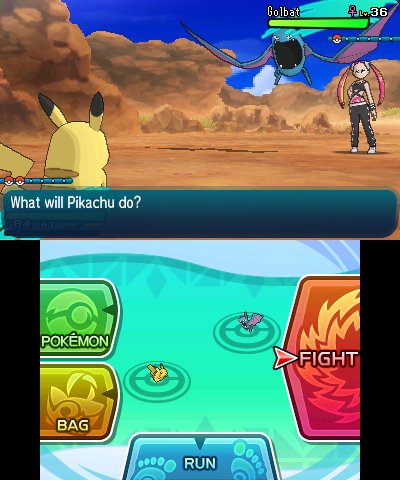 PH: Totally agree with you, especially the cutscenes which look nearly as good as the anime itself. I’ve noticed too that new types of Pokémon evolutions seems to be a major theme for Pokémon Sun and Pokémon Moon, do you have any thoughts on that? How do you think these new evolutions will impact the competitive scene?
PH: Totally agree with you, especially the cutscenes which look nearly as good as the anime itself. I’ve noticed too that new types of Pokémon evolutions seems to be a major theme for Pokémon Sun and Pokémon Moon, do you have any thoughts on that? How do you think these new evolutions will impact the competitive scene?
BP: I think having different ways to evolve Pokémon is a great aspect of the game, I remember when I was a kid trying to figure out how to do different types of evolutions and then you kind of just stumble upon it. For the competitive games, while you’re team building you evolve all your Pokémon before-hand to make sure you have the correct one. Sometimes that goes quickly, sometimes it can take some time. Another thing to consider is some Pokémon can take the item “Eviolite” and are better in the unevolved form, like for example, Clefairy holding an Eviolite is arguably better than a Clefable.
PH: On the topic of region, do you have your own personal favourite region across the entire Pokémon universe?
BP: My favourite so far is the Gen VI region (Kalos), it’s based on France and there’s a lot of European style to it.
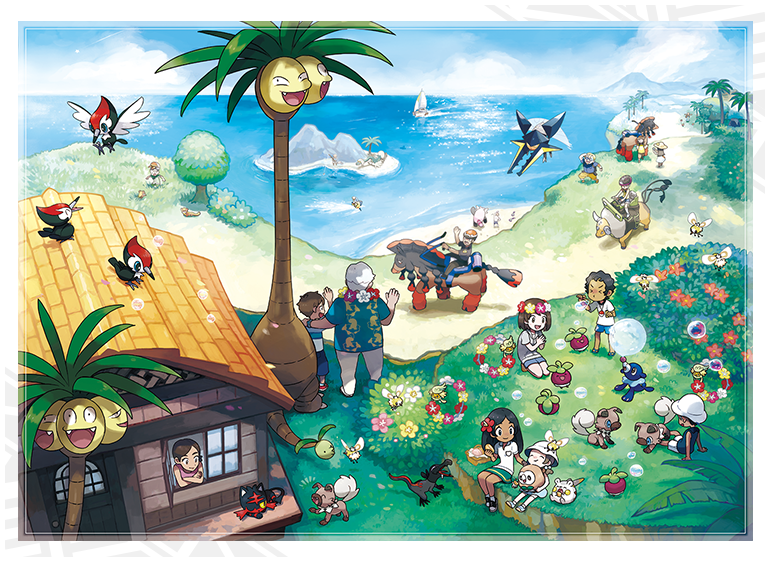 PH: Favourite Poké Ball?
PH: Favourite Poké Ball?
BP: I love the Luxury Ball (points to a Luxury Ball on his t-shirt), I really like its design and like its function. It makes the Pokémon like you more, which is neat.
PH: Do you have any final insider tips you can give people picking up Pokémon Sun and Pokémon Moon, and who might want to follow a similar path as your own?
BP: Learn about the concept of EV (Effort Value) yield. A lot of people don’t know about this, basically when your Pokémon defeats another Pokémon, you gain some of their attributes. So if you battle against a lot of fast Pokémon, your own Pokémon will get faster. So in addition to matching up types, there’s another layer of strategy there, since you can train specific attributes of your Pokémon.
PH: That’s a really good tip! Thanks a lot for your time today Bennett, and best of luck at the next Pokémon Championships.
For more information on Pokémon Sun and Pokémon Moon, be sure to check out BestBuy.ca’s dedicated gaming page!


